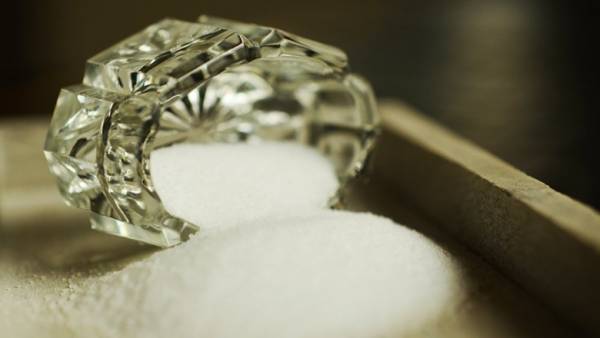Researchers have challenged the myth about the dangers of salt
MOSCOW, 10 Aug — RIA Novosti. Canadian scientists have found that moderate salt consumption is good for the health of the cardiovascular system.

The world health organization (who) recommends limiting the daily dose of sodium to two grams — equivalent to five grams of salt. It is believed that due to the substance, the pressure increases, resulting in a heart attack. In a study published in the Lancet, scientists say that the salt in this respect is no different from other products.
News 5 foods that you can eat again
5 foods that you can eat again
Examining the data of urinalysis, blood pressure and other indicators are more than 90 thousand people from 300 communities in 18 countries, the researchers noted that the link between high salt consumption and heart disease is only in China. There is a popular soy sauce: this ingredient Chinese receives an average of five grams of sodium (12.5 grams of salt) per day. They also found that too low content of the substance in the body is correlated with a high risk of heart attack.
“Our study gives reason to believe that at moderate levels of consumption of sodium can be beneficial to the health of the cardiovascular system. The substance can hurt — if its too much or too little in the body. This balance is natural for any nutrients,” said lead author of the scientific work, Professor, Institute of health studies of the population in Canada Andrew Meite.
Study co-author Martin O’donnell noted that excessive intake of sodium is above five grams a day is dangerous for health, but in most cases, the level of consumption of the substance is not associated with an increased risk of heart disease.
The same group of scientists published a study with similar findings in 2016. Now, as then, the work of “smashed” colleagues.
News Cholesterol: educational program
Cholesterol: educational program
The main complaint about the authors is that they are not accurately measured the sodium content in the urine: according to opponents, the tests need to take during all day, and not only in the morning, as did Meite and colleagues. In the logic of the researchers also found a violation of causality. Professor, University of London Queen Mary Graham McGregor was noticed that the sample consisted of already sick participants, which, indeed, eat a little and get less sodium, but the cause of their death is a disease, not a lack of salt.
To reconcile opponents could another nutrient, the content of which is measured researchers potassium. The analysis showed that this contained in fruits and vegetables product helps to balance the diet and reduce the risk of disease.